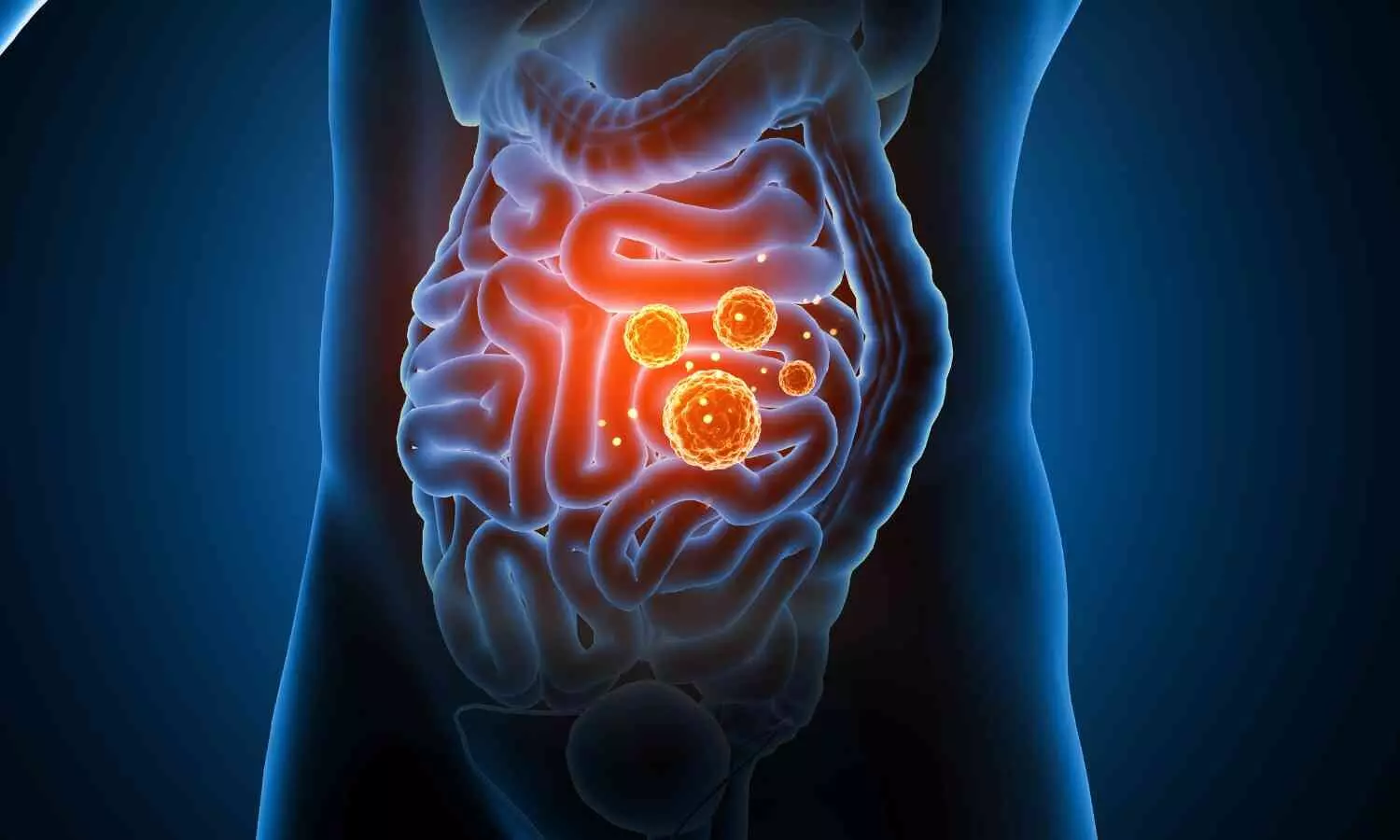Study Links Inflammation to Leaky Gut in Skin Disease Patients

New Delhi: A recent study conducted by Uppsala University in Sweden highlights a potential link between inflammation in the small intestine and psoriasis, a chronic skin condition, that contributes to a condition known as "leaky gut." Published in the journal Biochimica et Biophysica Acta (BBA) – Molecular Basis of Disease, the study sheds light on why psoriasis patients are more prone to gastrointestinal issues and inflammatory bowel diseases (IBD) like Crohn’s disease.
Psoriasis is a hereditary skin disorder that often involves joint inflammation. The study found that psoriasis patients experience an increased permeability in their intestinal barrier, allowing bacteria and harmful substances to leak through. This phenomenon, referred to as leaky gut, can trigger systemic inflammation when these substances enter the bloodstream.
The small-scale research involved 18 psoriasis patients and 15 healthy individuals, none of whom had a prior diagnosis of gastrointestinal disease. Samples were collected from the participants' small and large intestines to analyze immune cell activity within the intestinal mucosa.
The findings revealed that psoriasis patients had a higher concentration of specific pro-inflammatory immune cells in their small intestine. Interestingly, the same immune cells were found in the skin lesions of psoriasis patients, suggesting a potential connection between skin and gut inflammation.
The researchers noted that these significant intestinal changes were observed even in psoriasis patients with relatively mild skin symptoms and no visible signs of intestinal inflammation during gastroscopy. This underscores the potential for intestinal inflammation to occur independently of severe skin manifestations.
The study also found that psoriasis patients with leaky gut were more likely to experience gastrointestinal discomfort, providing a plausible explanation for their increased susceptibility to IBD, particularly Crohn’s disease.
The intestinal mucosa normally functions as a selective barrier, allowing essential nutrients and water to pass through while keeping harmful substances out. In autoimmune diseases like psoriasis, this barrier can become compromised, leading to widespread inflammation and exacerbating both gut and skin symptoms.
These findings pave the way for further research into the gut-skin connection in autoimmune conditions and may help develop targeted treatments for managing both gastrointestinal and skin-related symptoms in psoriasis patients.


